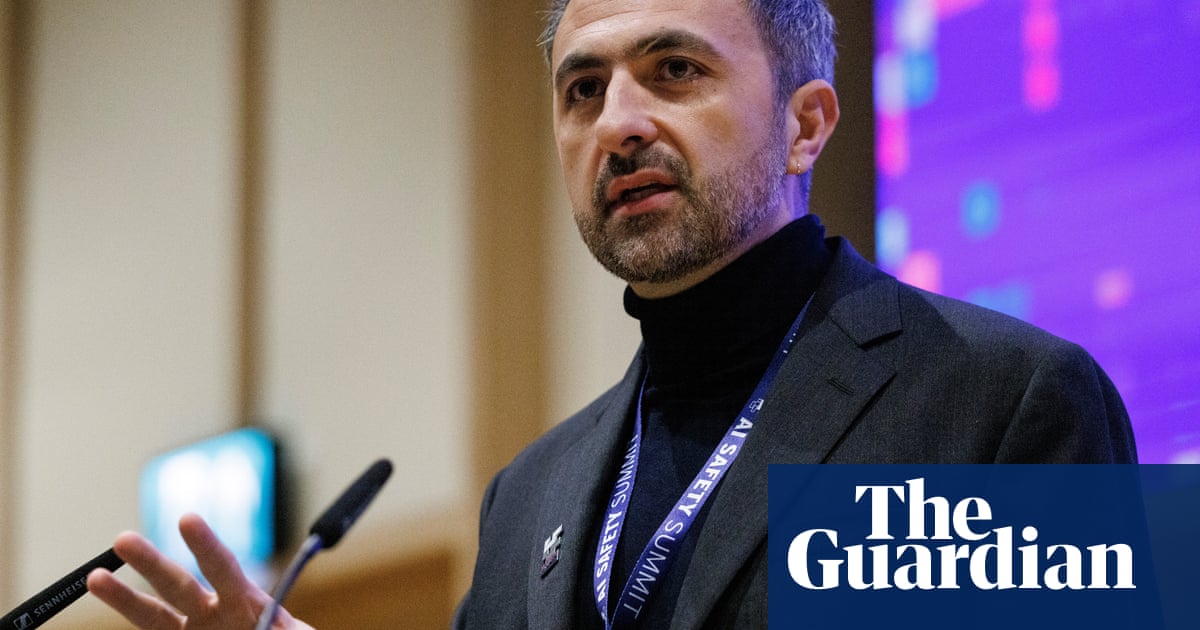
"Microsoft's new AI system outperforms human doctors in complex health diagnoses, demonstrating potential for superior medical decision-making and efficiency in healthcare."
"The AI, when paired with OpenAI's o3 model, solved over 80% of complex case studies, while human accuracy without aids was only 20%."
"Despite efficiency and cost benefits, Microsoft emphasizes AI's role as a complement to doctors, acknowledging the irreplaceable human elements in healthcare like trust and navigation of ambiguity."
"The term 'path to medical superintelligence' suggests transformative shifts in healthcare, contrasting sharply with AI's present limitations in comprehensive understanding required for medical licensing."
Microsoft has developed an AI system that significantly outperforms human doctors in diagnosing complex medical cases, achieving an accuracy rate over 80% compared to 20% for physicians without digital aids. The system operates with OpenAI's o3 model and highlights cost savings from its efficiency in test ordering. Despite its capabilities, Microsoft stresses that AI will enhance rather than replace medical professionals, as human doctors possess skills in managing patient relationships and navigating uncertainty that AI cannot replicate. This development hints at potential shifts in healthcare dynamics, albeit with current AI limitations in understanding nuanced medical knowledge.
Read at www.theguardian.com
Unable to calculate read time
Collection
[
|
...
]